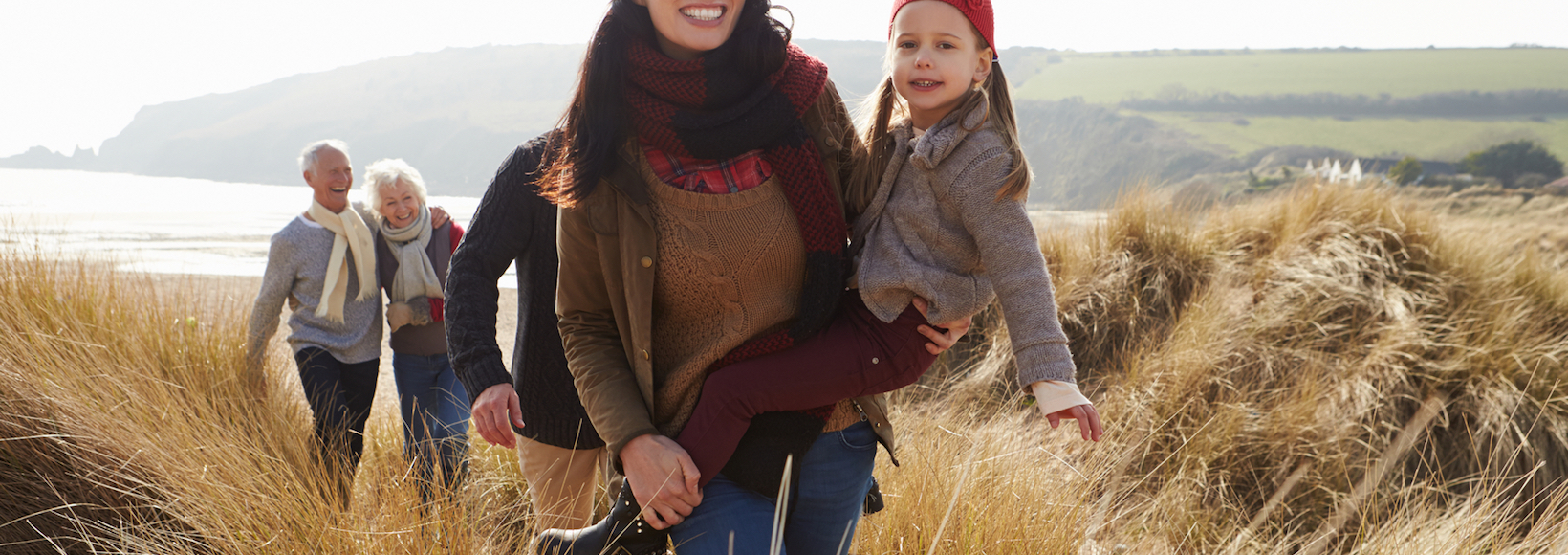
Living Your Best Day
Blending Ancient Wisdom With Modern Medical Evidence
One of the many culture wars occurring at the moment is the battle between two modern versions of ancient philosophy. On one side of the battle is modern Stoicism, also known somewhat disingenuously as “Silicon-Valley Sorticism,” advocated by the likes of writer and entrepreneur Tim Ferris and author Ryan Holiday. On the other side is modern Epicureanism.
Ancient Stoicism, practised by Marcus Aurelius and Seneca, advocates that virtue is the only good and that to live a life of goodness one had to live in accordance with nature. Stoicism advocates self-mastery and resilience. Epicureanism is named after the ancient Greek philosopher Epicurius. This philosophy promotes the idea of seeking the absence of pain and fear and the attainment of tranquillity. This is achieved through seeking moderate sustained pleasure. Its modern interpretation sometimes conflates this with being a bon vivant. However, Epicureanism advocates against overindulgence which can lead to fear and anxiety. Think of it as being “Everything in moderation, including moderation.”
In the wake of the COVID-19 pandemic, there are now many articles on “Living your best life” and “Living your best average day.” This is essentially modern Epicureanism. Living a day that you would be happy to live over and over again. There is available modern medical evidence on how to live a life of tranquillity that is free from pain and anxiety. The evidence advocates daily practises that are designed to improve an individual’s physical and mental health. This evidence is not merely Epicurean as it also reflects some of the wisdom of the stoics.
A practice of the stoic Roman Emperor Marcus Aurelius was early waking. In living a life without fear and in tranquillity, rising early is integral. A study published in JAMA Psychiatry suggests that waking an hour earlier is associated with a reduced risk of depression (it is worth noting a big confounder of this study was that the early rising was genetically linked which may also point to a genetic predisposition to depression in later risers). Getting sufficient sleep is associated with less negative thinking and it has been shown that early risers are less prone to negative ruminations.
There is an abundance of medical evidence on the benefits of meditation. Although, meditation does not suit everyone. When the ancients described meditation it is more a form of contemplation rather than emptying the mind of thoughts. However people prefer to practice it, a period of reflection, contemplation, gratitude or simply tranquillity can have enormous benefits. Time spent reflecting also allows us to assess our priorities. If done early in the day, reflection allows us to prioritise what is most important to our happiness and, as far as possible, eliminate what makes us unhappy.
Several studies have suggested that spending time outdoors surrounded by nature can reduce stress and improve physical health and immune function. Reimagining your day so that not only do you exercise outdoors but also hold meetings or telephone conversations outdoors can allow you to garner these benefits.
Epicureans were believers in achieving happiness via negativa. That is in removing the things which made them unhappy. To this end, minimising exposure to social media is likely to be of benefit in pursuing a happy day. Indeed, there is evidence that social media usage can worsen people’s sense of satisfaction with their lives. Minimising social media and other distractions is also important to enhance our productivity. Other things to consider removing from your daily schedule might include unproductive meetings.
Daily exercise has a multitude of enormous physical and mental health benefits. The Stoic philosopher Seneca was a proponent of what appears to be an ancient form of HIIT “short simple exercises which tire the body rapidly.” Epicureans also believed in practising daily exercise.
Nutrition is a central pillar of health. Synthesis of the scientific literature suggests that the optimal diet for health is one that is composed of foods that have a minimum of processing and is a “Pesco-Mediterranean” diet. That is, fish is the main meat, plenty of olive oil, leafy green veg, fresh fruit or nuts as snacks, other meats consumed should be good quality and the animal consumed ‘nose to tail’, water or coffee during the day and red wine at night. Such a diet is associated with reduced risk of cardiovascular disease, neurodegenerative disease, depression, cognitive decline, metabolic syndrome, diabetes and cancer. The stoic belief of living in accordance with nature can be fulfilled through nutrition by ensuring that what we eat is of high quality and locally and ethically sourced. Stoics practised restraint and to this end, intermittent fasting and time-restricted feeding can be beneficial. Time-restricted feeding, eating all of your calories for the day in an 8-hour or 12-hour window can be useful for weight loss and metabolism. It can also help decrease intra-abdominal fat. This ancient human adaptation also elicits powerful cellular responses that improve glucose metabolism and reduce systemic inflammation, and may also reduce risks of diabetes, CVD, cancer, and neurodegenerative diseases. It can also improve heart rate balance and heart rate variability.
There is also some emerging evidence that intermittent fasting may be of benefit in improving biomarkers of disease and be helpful in preserving learning and memory. Cicero observed that “need is what provides the seasoning for every and any appetite.” Hence, a period of fasting can make even the most simple of meals seem delicious. The Epicureans delighted in deriving enjoyment from simple pleasures. Taking the time to savour our food and contemplate its benefits enhances our days. Cheat meals are also important. These are something to indulge in so that we do not continuously crave them. As I said before, everything in moderation, including moderation.
Dr J Hugh Coyne
Private GP
Parsons Green